Labour will provide free school breakfast clubs for all primary school pupils if it wins the next election, at a cost of £365 million.
Bridget Phillipson, the shadow education secretary, will announce tomorrow that the “fully funded” scheme will be rolled out to every primary school in England.
She said it would be the “first step on the road to a modern childcare system” and would “drive up standards in maths, reading, and writing” while also taking pressure off parents.
Many schools already provide breakfast clubs, either from their own budgets or with food provided through the government’s national school breakfast scheme.
However, Labour’s plan would see money sent directly to schools so they can buy their own food and choose how to staff the clubs.
Funding will come from Labour’s pledge to reinstate the 45p rate of income tax for the highest earners, the party said.
Is the funding enough?
Schools Week analysis shows Labour’s budgeted £365 million to provide roughly 4.7 million primary pupils in England breakfast on 190 school days works out at around 41p per breakfast.
However, the Institute for Fiscal Studies said once funding for devolved nations was taken into account, the amount per breakfast could be as low as around 36p per child per day.
In comparison, funding for free school lunches for infants is £2.41 per meal.
But the scheme is more generous than one pledged in the 2017 Conservative Party manifesto, which worked out at around 7p per meal.
The party was widely criticised for the £60 million pledge, which was meant to replace universal infant free school meals, which at the time cost around 10 times that.
But Christine Farquharson from the IfS said the generosity of the funding allocated by Labour would depend on take-up “and what a breakfast club actually is”.
She pointed to a 2014 study in England which found 13 per cent take-up of breakfast clubs. An earlier study in Wales reached 40 per cent. If similar rates were reached here, funding would actually range from 90p to £3.60 per club.
Labour has also placed an emphasis on the childcare benefits of breakfast clubs, which could make it more expensive to run.
Farquharson warned: “The more childcare you add to your breakfast clubs, the more expensive they get. And, potentially, the more popular they become – raising take-up [and] costs.”
It follows calls on Labour to expand free school lunches to all primary pupils, or at least all of those from families claiming universal credit. The Labour government in Wales now provides free meals for all primary pupils.
Shadow schools minister Stephen Morgan told Schools Week the party’s “focus” was on breakfasts “because we know the evidence suggests that getting kids fed before starting school makes a big impact”.
But he added that Labour had held discussions with its colleagues in Wales “to see what we can learn from”.
Breakfast clubs boost younger pupils’ progress
An evaluation of the Magic Breakfast scheme by the Institute for Fiscal Studies, in 2016, found year 2 children in breakfast club schools made the equivalent of two months’ additional progress compared to those in a control group.
However, the study also found “no evidence that breakfast clubs had an impact on year 6 pupil outcomes”.
A government-commissioned evaluation of the first national breakfasts programme found participating schools reported “improvements in concentration and in behaviour from pupils attending breakfast clubs”.
Labour said its plan for universal breakfast clubs “will enable parents to work as well as strengthening children’s development, driving up standards in reading, writing and maths”.
They said this contrasted “with the Conservatives’ failure to close the education attainment gap and support parents with young children to continue working the jobs and hours they choose”.
Support ‘to the end of primary school’
Phillipson said the “evidence couldn’t be clearer: gaps in learning development, gaps in opportunities, open up early, so our solutions must start early too”.
“Labour will build a modern childcare system. One that supports families from the end of parental leave through to the end of primary school.”
Paul Whiteman, general secretary of the NAHT school leaders’ union, said hunger was a “real concern for school staff who regularly see children arriving in the morning without having eaten, and therefore not ready to learn”.
“A positive start to the day and a nutritious breakfast before school for those who need it could make a real difference. If properly funded and resourced this entitlement is something school leaders would support.”

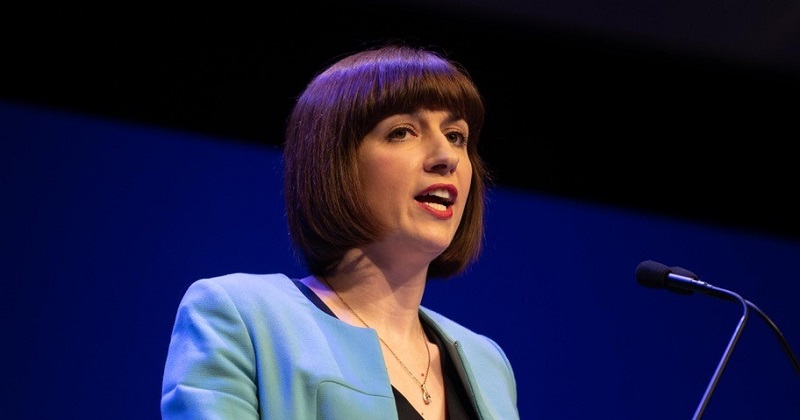
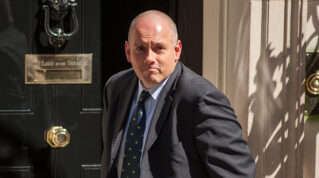
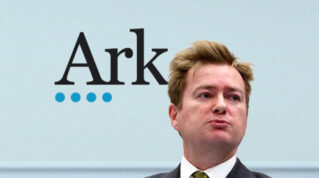
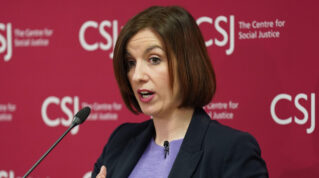


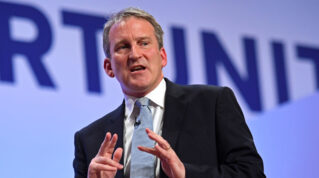

Your thoughts